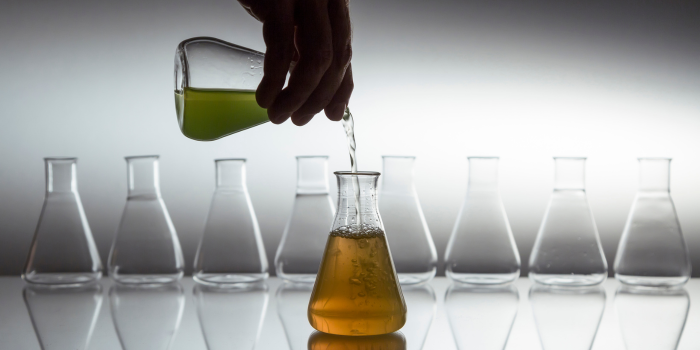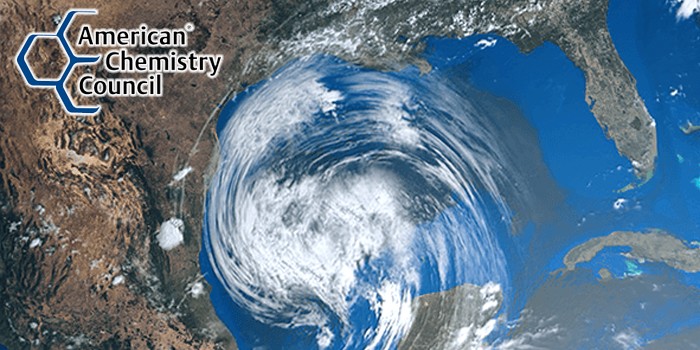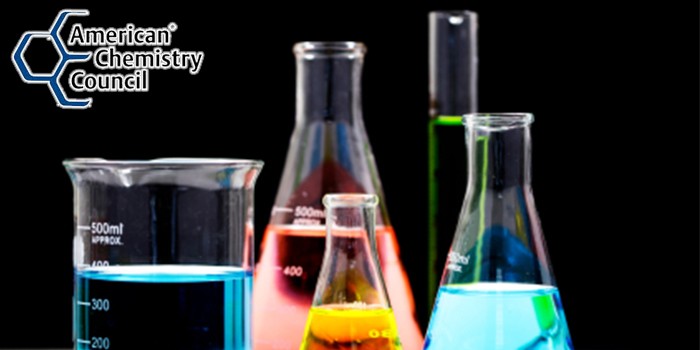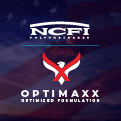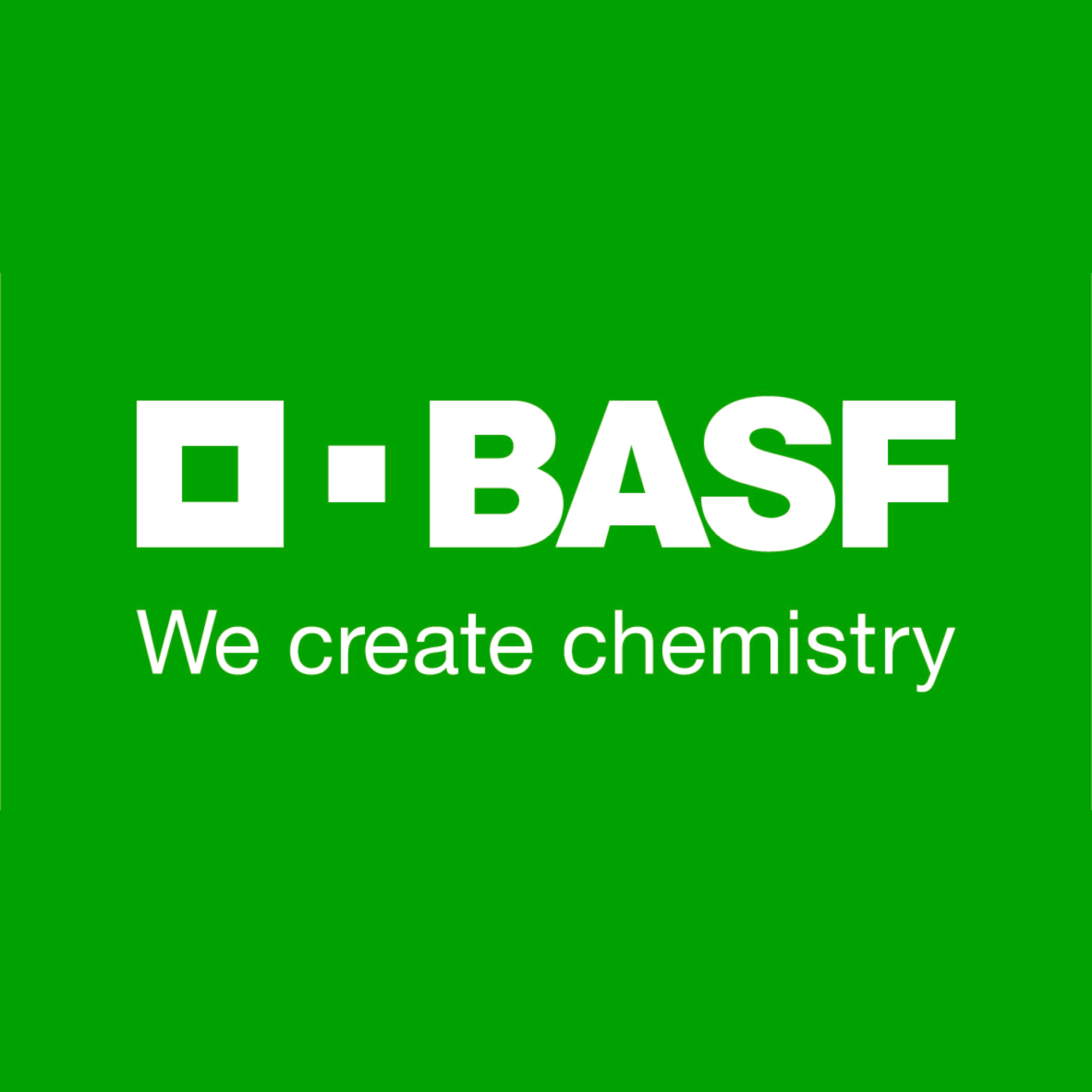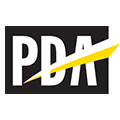ACC Testifies Before Trade Commission on Importance of TPP to U.S. Chemicals Sector
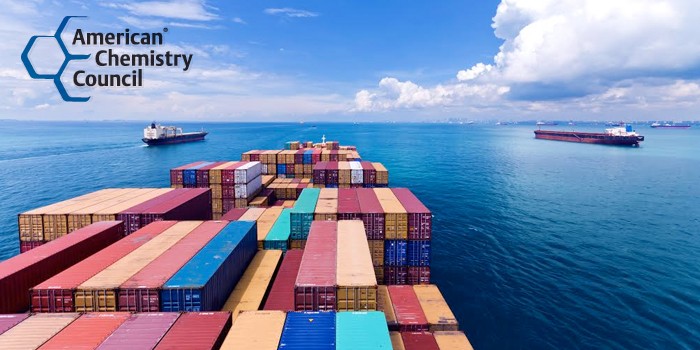
WASHINGTON, D.C. – January 20, 2015 – Chemical manufacturers are poised to capitalize on the economic opportunities made possible by enhanced regulatory cooperation and the elimination of tariffs under the Trans-Pacific Partnership (TPP), according to American Chemistry Council (ACC) Senior Director of Regulatory and Technical Affairs, Greg Skelton, who testified today before U.S. International Trade Commission (ITC) on the role TPP can play in boosting chemicals exports. Today, the American chemical industry produces 15 percent of the world’s chemicals and accounts for 14 percent of all U.S. exports, amounting to $191 billion in 2014.
“For the chemical industry, and for the broader U.S economy, TPP has the potential to provide a significant boost to growth and job creation, which in turn would promote innovation and strengthen the international competiveness of U.S. exporters,” Skelton said. “The growing competitive advantage of U.S.-based chemical production and its positive impact on the competitiveness of the broader manufacturing sector—more than 96% of all manufactured goods rely on chemistry—makes initiatives such as TPP even more important.”
In his testimony, Skelton cited a recent ACC study on the positive impacts of shale gas on exports. The study projects that gross exports of key chemistries directly linked to shale gas, including polymers, plastic resins and specialty chemicals, could more than double, from $60 billion in 2014 to $123 billion by 2030. And, several TPP markets could become leading net export destinations for U.S. shale-gas derived chemical products.
RELATED Dow Contributes Closed-Cell Spray Foam to Historic DAYTONA Rising Project, WALLTITE® Spray Foam Helps to Insulate Restored Chapel, Covestro Spray Polyurethane Foam Insulation Critical Part of NextGen Net Zero/Healthy Home
To take full advantage of the chemical industry’s ability to drive export growth, Skelton explained, TPP must follow through on eliminating tariff barriers and enhancing regulatory cooperation among the other eleven countries. “Although tariffs on chemicals with TPP partners are relatively low for certain chemistries, for other chemistries, tariffs are as high as 25 percent, particularly for plastics,” Skelton said. “Removing these remaining barriers will help to reduce the costs of production for U.S. chemical manufacturers and expand exports.” The TPP could generate $1.2 billion in export growth of U.S.-manufactured chemicals following its implementation, according to ACC analysis.
Skelton also expressed strong support for pursuing closer regulatory cooperation between the United States and TPP countries, which can help reverse the rise in costs to move goods across borders. “The emphasis signaled in TPP on addressing regulatory divergences, promoting efficiencies and burden sharing, and pursuing greater transparency within and between regulatory systems will result in cost savings for governments and industry alike, while maintaining high levels of protection for human health and the environment,” Skelton said.
About American Chemistry Council: The Center for the Polyurethanes Industry (CPI) of the American Chemistry Council serves as the voice of the polyurethanes industry in North America, promoting its development and coordinating with polyurethane trade associations across the globe. For more information, please use the contact information and link provided below.Disqus website name not provided.




